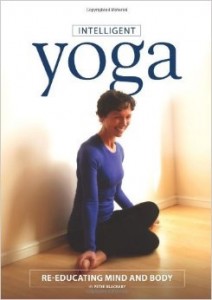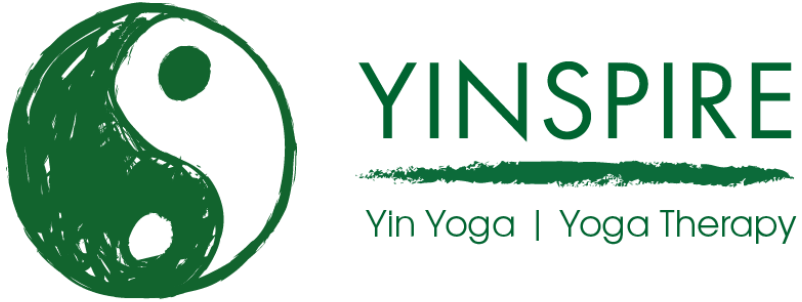 This book has been on my reading list for a little while, and it finally reached the top whilst on holiday.
This book has been on my reading list for a little while, and it finally reached the top whilst on holiday.
Sometimes there appears to be a gulf between the physical and energetic practice of yoga, between tradition and contempary, between lineage and thinking. It’s fair to say this book concentrates on the modern physical aspects of yoga, but set in the context of the understanding that yoga isn’t just about moving and stretching.
It is a book that encourages thinking, and I don’t doubt I’m alone sometimes in sensing an absence of this in yoga practice?
The “intellegent” aspect of the title refers to a fusion of postural yoga, yoga asana, and bio mechanics. In other words rather than move the body in a way we have been taught by a teacher, who in turn was taught by a teacher, who was taught by a teacher, who, maybe, was taught by a swami, let’s come back to first principles, bio-mechanics, an evolving science of course, and ask is this movement sensible and helpful to our body – that is to say intellegent?
To some extent whether this approach appeals to you will reflect how you feel about lineage versus discovery, adherence versus experience. And to be clear I see no right and wrong here, just preference.
For me however discovery and experience drives my practice, and this book was thus a treasure trove of thought stimulation about the hows and whys of our yoga practice. I don’t claim to have taken all of it onboard in a first reading, it’s a book to to return to, but for anyone with an enquiring mind who would like some direction to thinking about approaches to traditional postural work, this book is a valuable resource.
It can be purchased on Amazon, and if you use this link, Yinspire earns a small commission.
